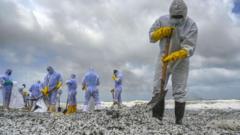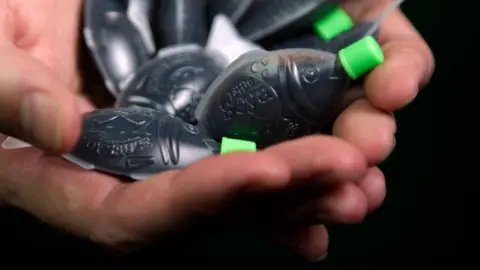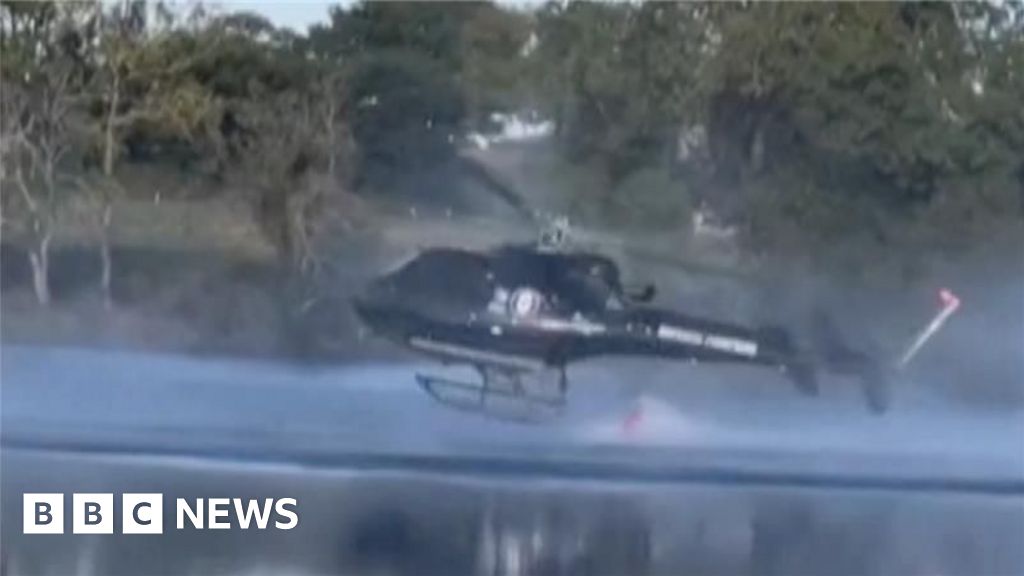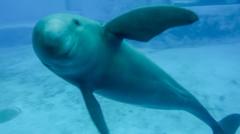Four years after the catastrophic sinking of the X-Press Pearl cargo ship, Sri Lanka is still battling the severe environmental repercussions of one of the largest plastic spills in history. Volunteers are actively collecting toxic plastic nurdles—tiny plastic pellets—from the nation's shores, an effort that reveals the ongoing legacy of this marine disaster.
The X-Press Pearl, which suffered a fire and sank in May 2021 off Sri Lanka's southwestern coast, released billions of nurdles, along with hazardous materials like engine fuel, acid, and heavy metals into the ocean. The immediate aftermath saw a shoreline transformed, with nurdles blanketing beaches and dead marine life surfacing in alarming numbers. While cleanup efforts have removed significant amounts of these toxic pellets, new research indicates that the remaining nurdles may be leaching additional toxins and potentially harming the marine ecosystem further.
Environmental scientists, including experts from Manchester Metropolitan University, have expressed concern that these microplastics are acting like "chemical sponges," absorbing even more pollution from their surroundings. Samples tested from fish caught near the disaster site revealed hazardous metal levels consistent with the contaminants present during the ship's sinking, raising alarms about the impact on local seafood and those who consume it.
Local fishermen have not only reported diminished fish populations but also a shift in their livelihoods, as many now contemplate leaving the fishing industry altogether. The financial ramifications of this disaster are also under scrutiny, with Sri Lanka's Supreme Court ordering X-Press Feeders, the ship's owner, to pay an initial $1 billion to mitigate long-term damage, although the company disputes the valuation of the cost of the disaster.
Compounding these challenges, environmental economists estimate that the true economic impact could surpass $6 billion, factoring in loss of wildlife, tourism, and negative health effects from toxic emissions. As the local fishing community faces dwindling resources, many individuals, including fishermen like Jude Sulanta, are considering their future amidst an uncertain path to justice and rehabilitation. The situation on the island underscores the intricate balance between human activity and environmental preservation, calling for robust accountability and systemic improvements in maritime safety.




















